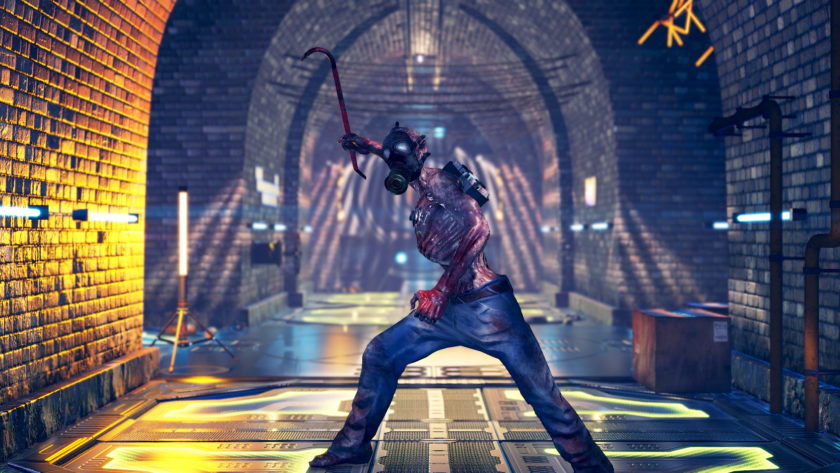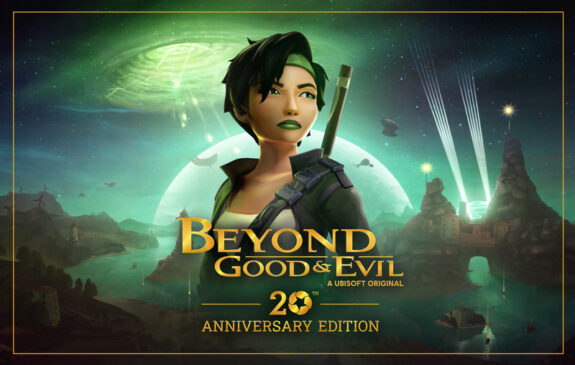
Conglomerate 451 is a grid-based roguelike dungeon crawler developed by RuneHeads and published by 1C. Set in a cyberpunk dystopian world where corporations have privatized progress and technology, employing cut-throat mercenaries to maintain an iron grip over the city of Conglomerate.

You play the role of the CEO of a PMC agency employed by the government to take back control of the city from the corporations. Your role as CEO involves deploying a squad of clones and managing your facilities.
The game’s story takes place over 75 weeks, and every time you embark on a mission, a week passes. If your mission is successful, you can weaken a corporation’s influence over that district. There are five districts with distinct aesthetics that set them apart from each other. Mission structures are fairly limited, ranging from hacking and retrieving items to killing specific targets. Once the influence of a corporation reaches zero, a boss battle takes place.
The story is very generic and cliched, and although it starts off on a fairly good note with cutscenes and whatnot, it quickly falls off with very poor pacing and uninteresting plot elements.

Something that Conglomerate 451 doesn’t compromise at all is in skill customization, you can choose from multiple classes, upgrade skills, stats and create up to fourteen of them to keep on standby.
Combat is the real meat of Conglomerate and it’s a thoroughly enjoyable experience. Your squads can be mixed and matched to create a very strong and balanced team that complements each other. You can choose to ignore team-ups and bonuses at your own peril, as you will be unable to efficiently dispatch mobs. Up to three of your clones can be deployed into combat. In combat, specific body parts can be targeted, and you can hack into your enemies to debuff them and use a wide variety of attacks.
If any of your clones die, it’s permanent and the corporation you were attacking will gain influence. Difficulty scaling is quite well done, and I found myself constantly challenged but never overwhelmed. The variation in enemies is however quite limited and their moves are quite predictable. This normally wouldn’t have been a problem but due to the limited enemy types, it can get kinda boring in the long run.
From a technical standpoint, the game has no shortcomings. It controls similar to other games in the genre(Grimlock, Might and Magic X). You move your squad with W, A, S, D and turn with Q and E. Animations are fairly smooth and the environments are gorgeous. Despite the procedurally generated tileset, the environment stayed fresh for a long time thanks to the distinctive districts, each with their own aesthetics and flavor. Enemy design as I already mentioned is generic and could have benefitted from some more interesting personalities.
FINAL THOUGHTS
Conglomerate 451 reminds me of a lot of good games, The old Syndicate games, Grimrock and Shadowrun. There’s plenty of deep mechanics, interesting world-building and the visuals are spot on. But the game falls short of a few things, that affect the overall package. The result is a thoroughly average game, that is overshadowed by far too many peers. Is it still an enjoyable game? definitely. If you like dungeon crawlers or cyberpunk games(or better yet both), this is a great deal at this price point.







